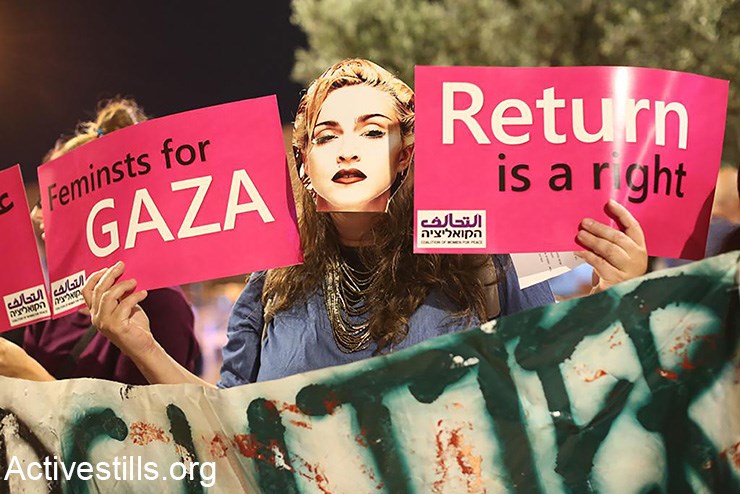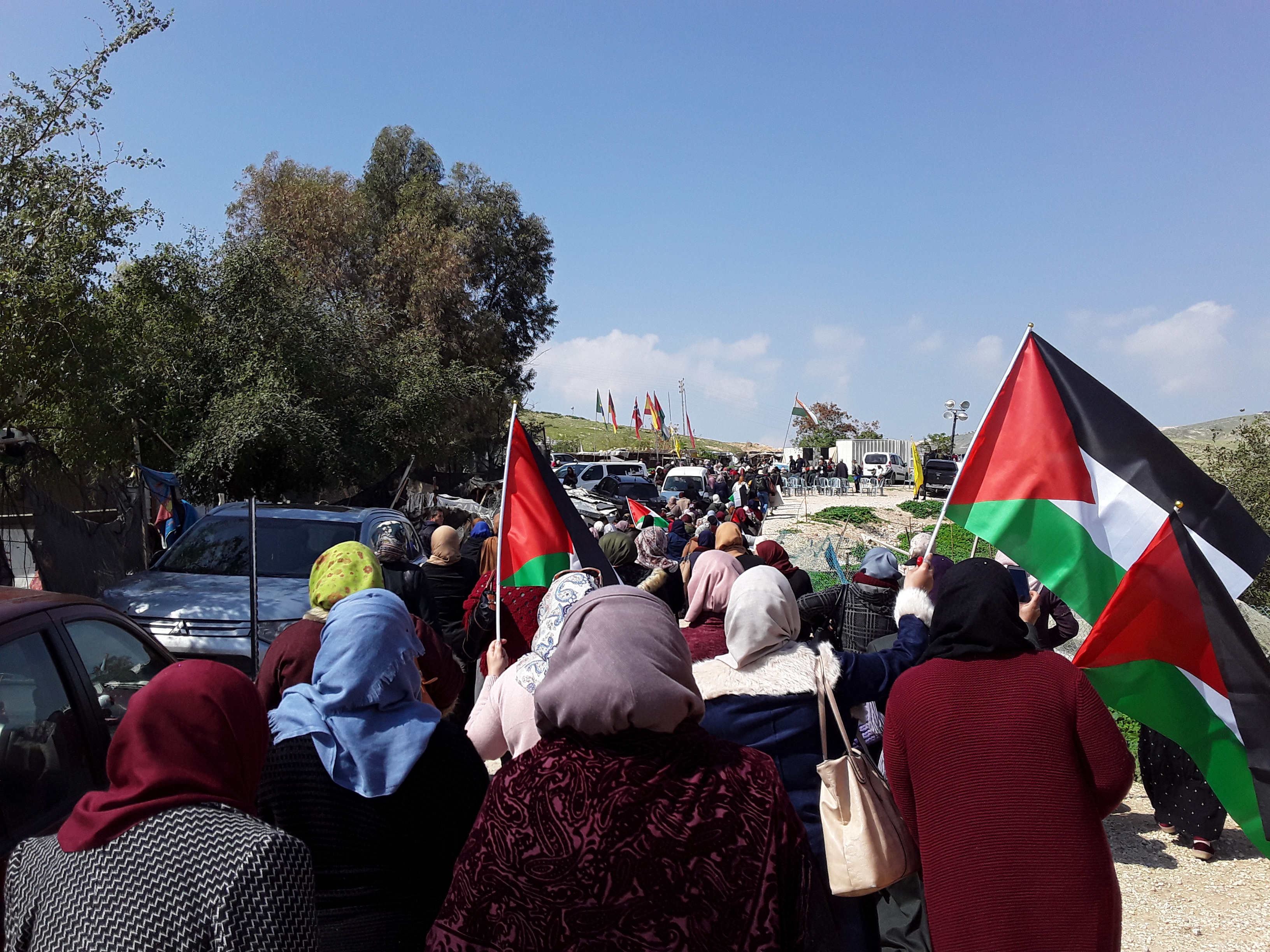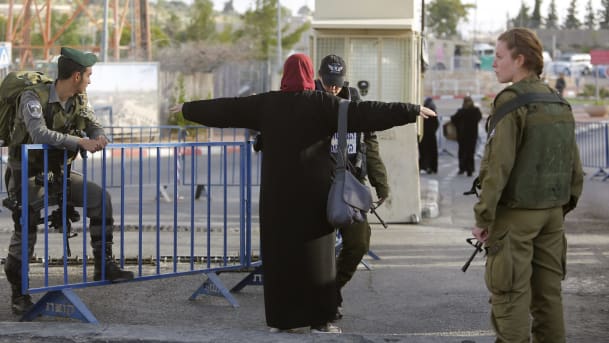Category: Action Alerts
-
ISM Week of Action Against Eurovision
May 2019 | International Solidarity Movement| occupied Palestine ISM’s week of action against the Eurovision in Tel Aviv In coordination with the Palestinian Boycott National Committee (BNC) and The Palestinian campaign for the Academic and Cultural Boycott of Israel (PACBI) and in collaboration with Israeli anti zionist groups has been a huge success! From before…
-
Join ISM: Training in Dublin, Ireland, April 27, 2019
ISM Ireland is offering a day of pre-training for prospective volunteers who are interested in joining the International Solidarity Movement on the ground in Palestine. All volunteers are required to participate in training before joining activities in Palestine. Attending the training session in Dublin will give you a chance to get a first impression of…
-
URGENT ACTION ALERT: Behind The Fence, They Sing of Freedom
A call for international human rights defenders to come to Palestine mid May (May 13 – May 19th) 2019 to support the cultural boycott of the Eurovision Singing Contest in Tel Aviv. The Situation Whilst the colonization forces prepare historical Palestine for the upcoming Eurovision singing contest, the stage is also being…



